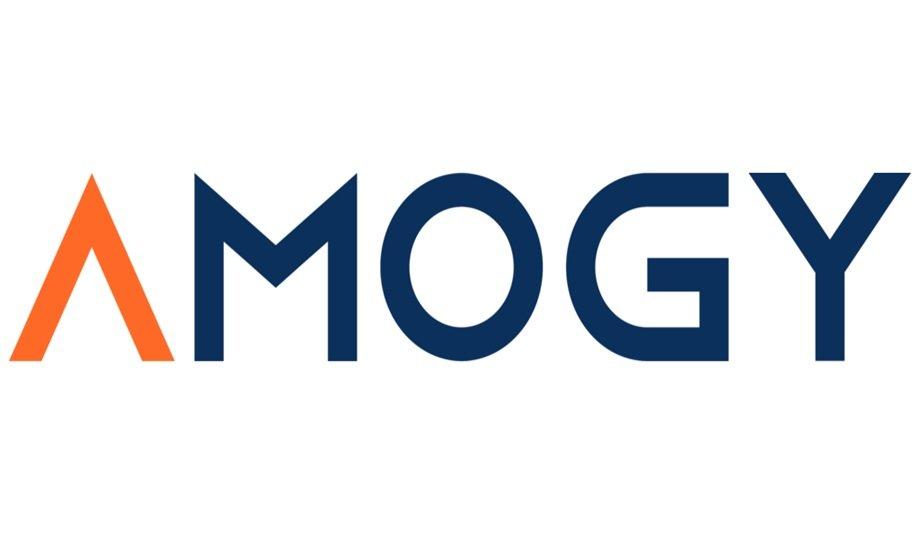Amogy, a provider of mature, scalable, and efficient ammonia-to-power solutions, and Mitsubishi Shipbuilding Co., Ltd. (MSB), a part of Mitsubishi Heavy Industries (MHI) Group, have completed the feasibility study of collaboration concept designs of onboard hydrogen production and utilisation with Amogy's ammonia-cracking technology and Mitsubishi Ammonia Supply and Safety System (MAmmoSS®).
Amogy and MSB concluded a Memorandum of Understanding (MoU) to undertake feasibility studies on an ammonia fuel supply system, with the aim of contributing to a new target set by the International Maritime Organisation (IMO) of net zero greenhouse gas (GHG) emissions in the maritime industry by or around 2050.
Reducing GHG emissions
The studies were conducted by the two companies to confirm the feasibility of two collaboration
The studies were conducted by the two companies to confirm the feasibility of two collaboration concept designs - a power train combining ammonia cracking and hydrogen fuel cell for ships - a hydrogen supply facility for supplying hydrogen as pilot fuel to ammonia fuel engines.
Because ammonia is carbon-free, it has attracted attention as a fuel with the potential to contribute significantly to reducing GHG emissions in the maritime industry, and it is expected to be utilised in the future as a source of stable, clean energy.
Reduction of environmental impacts
To unlock the potential of ammonia, Amogy has developed an innovative ammonia-to-electrical power system that splits, or 'cracks', liquid ammonia into its base elements of hydrogen and nitrogen, which then funnels the hydrogen into a fuel cell, generating high-performance power.
MSB will promote the decarbonisation of the maritime industry, realise a carbon-neutral society, and contribute to the reduction of environmental impacts on a global scale by continuing to develop marine ammonia handling systems, such as fuel supply systems for a wide range of ammonia fuel consumers include this collaboration for onboard hydrogen production and utilisation.










